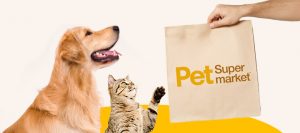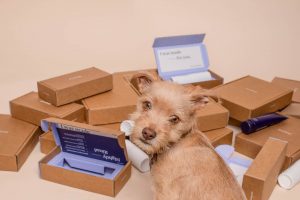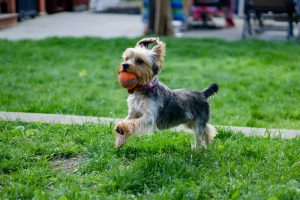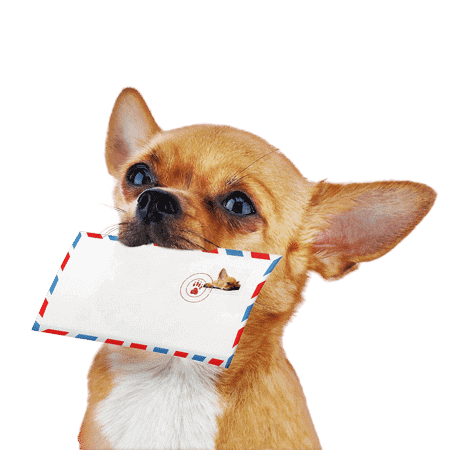Is your dog a foodie and a thief and has eaten all or part of a wafer of butter? Is that bad? What are the risks? We tell you everything.
Butter, a popular food for dogs
Butter is a food composed mainly of lipids, in other words, animal fat. A classic butter is 82% of these fats, but it can be less if it is low-fat butter.
Fats are very palatable to our dog friends, which is why it is not uncommon when a wafer of butter is lying around on a countertop, that a greedy, thief dog takes a bite out of it.
My dog ate butter: is it serious?
Generally, dogs digest fats rather well, especially animal fats such as butter. So if your dog has swallowed a small amount, then there is nothing to be alarmed about.
But when a dog steals a wafer of butter, it rarely settles for more than a small piece. In the vast majority of cases, it swallows the entire blister pack in a few seconds. However, if this amount is large, it can cause some digestive upset, such as diarrhoea and vomiting at best or excess fat in the body causing acute pancreatitis in the worst case.
Acute pancreatitis is a sudden onset inflammation of the pancreas, the symptoms of which may be:
vomiting of food or not,
diarrhoea,
abdominal pain located primarily in the right anterior quarter of the abdomen,
jaundice (the inside of the lips and the eye lining appear yellowish when you lower the lower eyelid of your dog’s eye),
an allowance,
a refusal to eat,
sometimes an increase in the dog’s body temperature.
Acute pancreatitis should be managed quickly as it can lead to severe bleeding disorders and kidney failure.
My dog ate a lot of butter: how do I react?
Suppose the amount of butter swallowed by your dog is large. In that case, your best bet is to contact your veterinarian as soon as possible after ingestion and not to feed your pet anything while awaiting his instructions.
Depending on the amount of fat absorbed by your dog, the veterinarian may decide to administer an adsorbent and place him under surveillance to control his lipidemia (level of fat in the blood).





